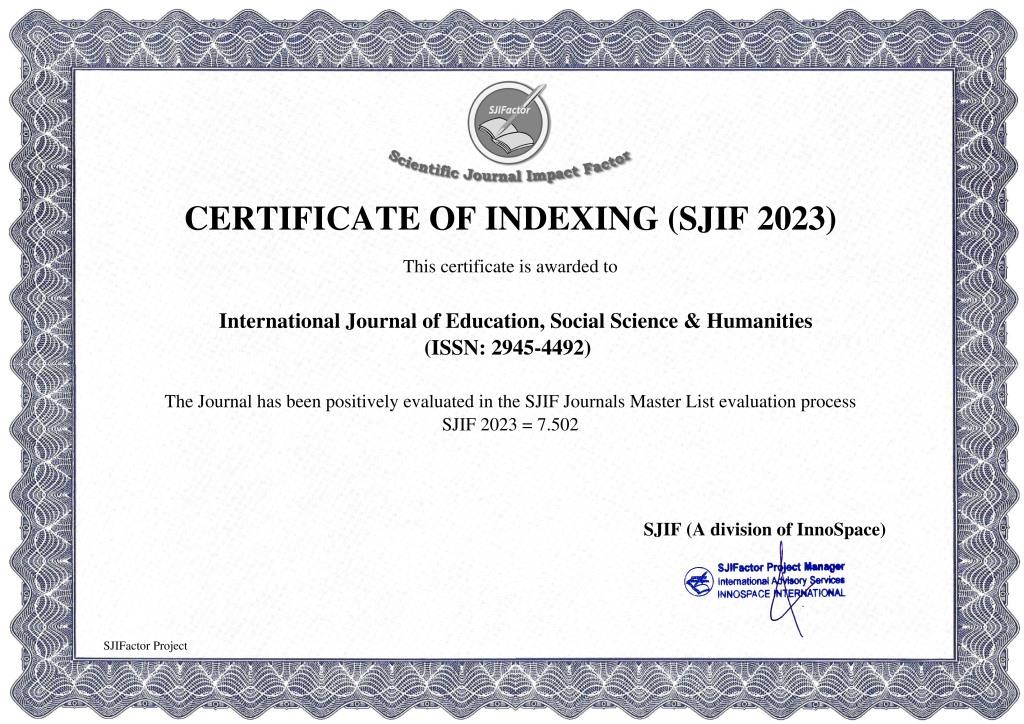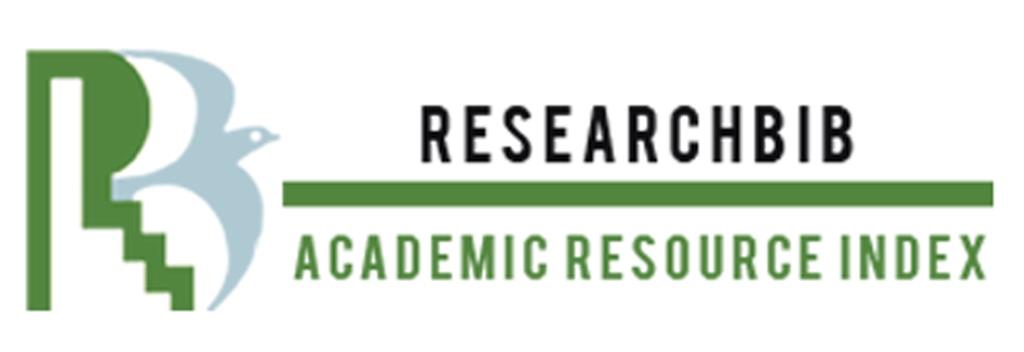TEACHING A LANGUAGE FROM AN EARLY AGE. DOUBTS ABOUT TEACHING A FOREIGN LANGUAGE TO BABIES
Keywords:
acquisition, bilingualism, multitasking, immersionAbstract
Learning a foreign language is an essential skill in today's globalized world. It opens doors to new cultures, helps in building relationships, and provides opportunities for better career prospects. In recent years, there has been a growing interest in foreign language acquisition in children. Research has shown that children who learn a second language at an early age have a better chance of becoming fluent speakers.
As time progresses and the demand to know a foreign language increases, so does the interest in teaching children a language from an early age. But there are views that if a child hears two languages before speaking, his speech will be delayed and confused. Are these reasonable? What is the earliest age to learn a language?
References
Umirziyaev, U., & Abdurakhmonov , V. . (2022). FLOW THEORY. Eurasian Journal of Social Sciences, Philosophy and Culture, 2(12), 261–264.
Ruzieva Khayotkhon Bakhodir Qizi, & Umirziyaev Umidjon Makhamadjonovich. (2022). The meaning of “concept” in Linguistics. Texas Journal of Philology, Culture and History, 13, 4–5.
Umirziyaev Umidjon Makhamadjonovich, & Mukhammadjonov Salokhiddin Tulkinjon ugli,. (2022). Coaching for English learning. Journal of Pedagogical Inventions and Practices, 15, 4–7.
Ravshanovna, G. N. (2022). TOLERANCE IN PRIMARY SCHOOL STUDENTS PEDAGOGICAL MODEL OF SKILLS DEVELOPMENT. Galaxy International Interdisciplinary Research Journal, 10(2), 95-96.
Abdurakhmonov, V. (2022). Functional Specificity Of Alternative Interrogative Sentences. Oriental Journal of Social Sciences, 2(03), 82-87.
Ravshanovna, G. N. (2021). Methods of development tolerance skills pupils in primary school. ACADEMICIA: AN INTERNATIONAL MULTIDISCIPLINARY RESEARCH JOURNAL, 11(1), 1221-1224.














